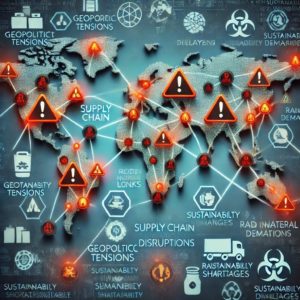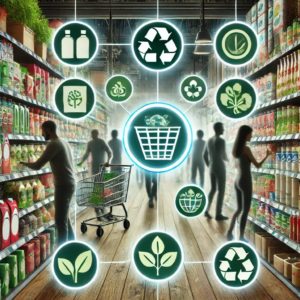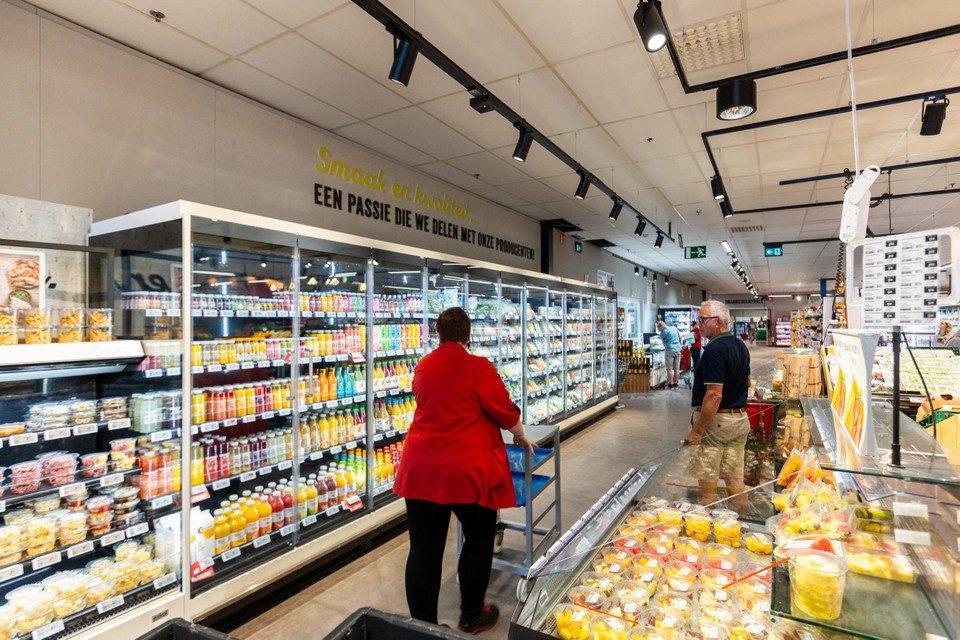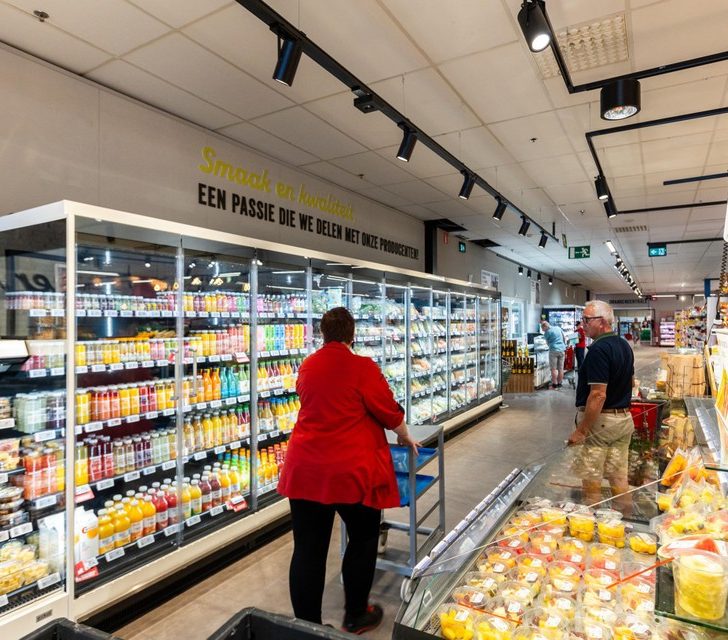
-
Supply Chain Disruptions
- Global supply chains remain unstable due to geopolitical factors and sustainability pressures. For example, Unilever in the Netherlands faced supply chain disruptions during the COVID-19 pandemic, highlighting vulnerabilities in its raw material sourcing and distribution networks. FMCG leaders fear similar issues could lead to product shortages, price increases, and a compromised market position if not effectively managed.

-
Evolving Consumer Preferences
- Consumers are increasingly seeking health-conscious, sustainable, and ethically produced products, pushing FMCG leaders to innovate continually. For instance, Colruyt Group in Belgium has been actively expanding its organic product lines and eco-friendly packaging options to meet growing consumer demands for sustainable goods. Lagging in these areas could mean losing market share and brand loyalty, reinforcing the need for quick adaptation in product development.

-
Regulatory Compliance and Shifting Standards
- The Benelux region has stringent regulations, especially in sustainability, waste reduction, and labeling. A case in point is FrieslandCampina in the Netherlands, which had to make significant adjustments to meet new environmental and dairy standards. CEOs worry about compliance costs and operational disruptions, as failing to adapt quickly could lead to fines and reputational damage.
-
Digital Transformation and the Rise of E-commerce
- As e-commerce continues to grow, FMCG companies must prioritize digital agility to stay competitive. For example, Albert Heijn, the Dutch supermarket chain, has been heavily investing in e-commerce and home delivery services to cater to the digital-first customer. Without such investments, companies risk losing relevance as consumers increasingly value convenience and quick delivery.

-
Talent Acquisition and Retention
- Attracting and retaining top talent, particularly in marketing, sales, and digital roles, is a pressing issue for CEOs. JDE Peet’s, a major Dutch coffee and tea producer, has been focusing on building an innovative and flexible work environment to attract digital talent. High employee turnover or unfilled roles can severely impact strategic goals, making a strong employer brand crucial in a competitive market. You can read more about in this article.





